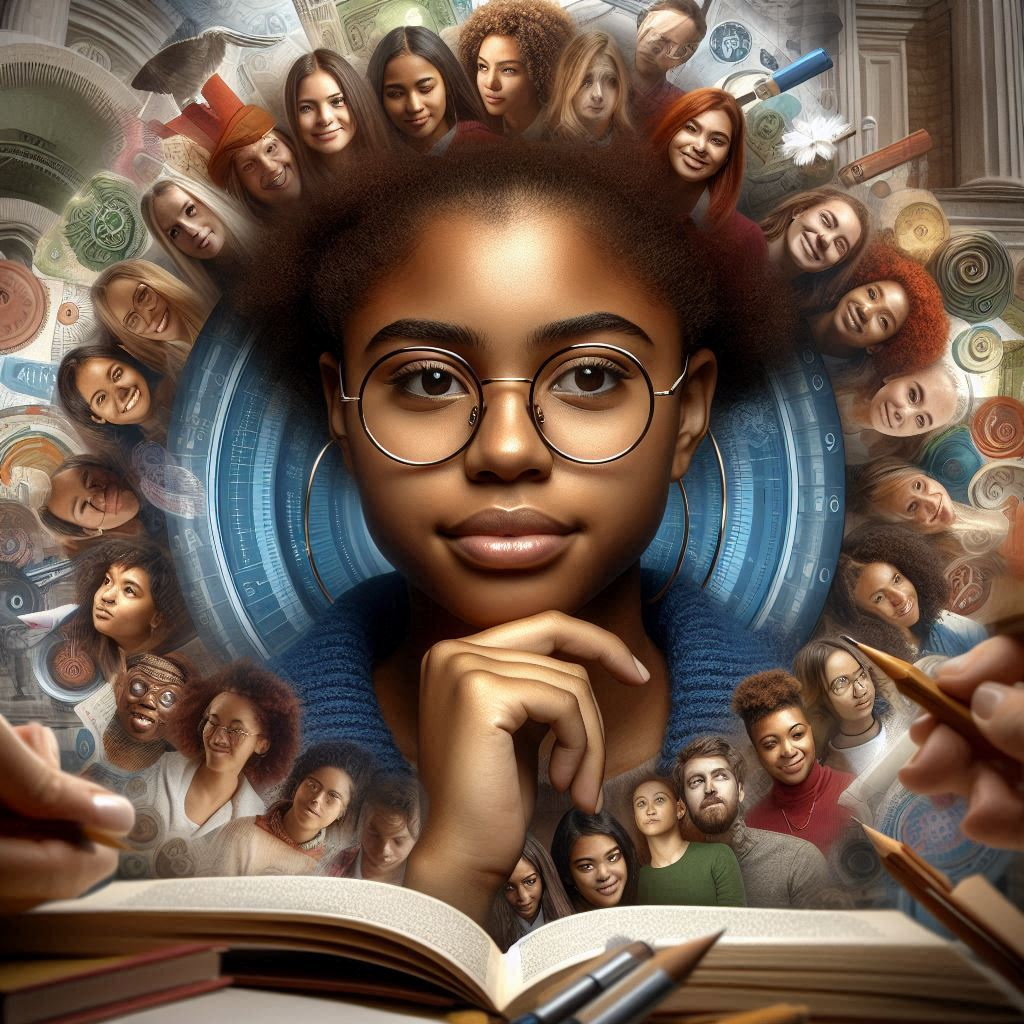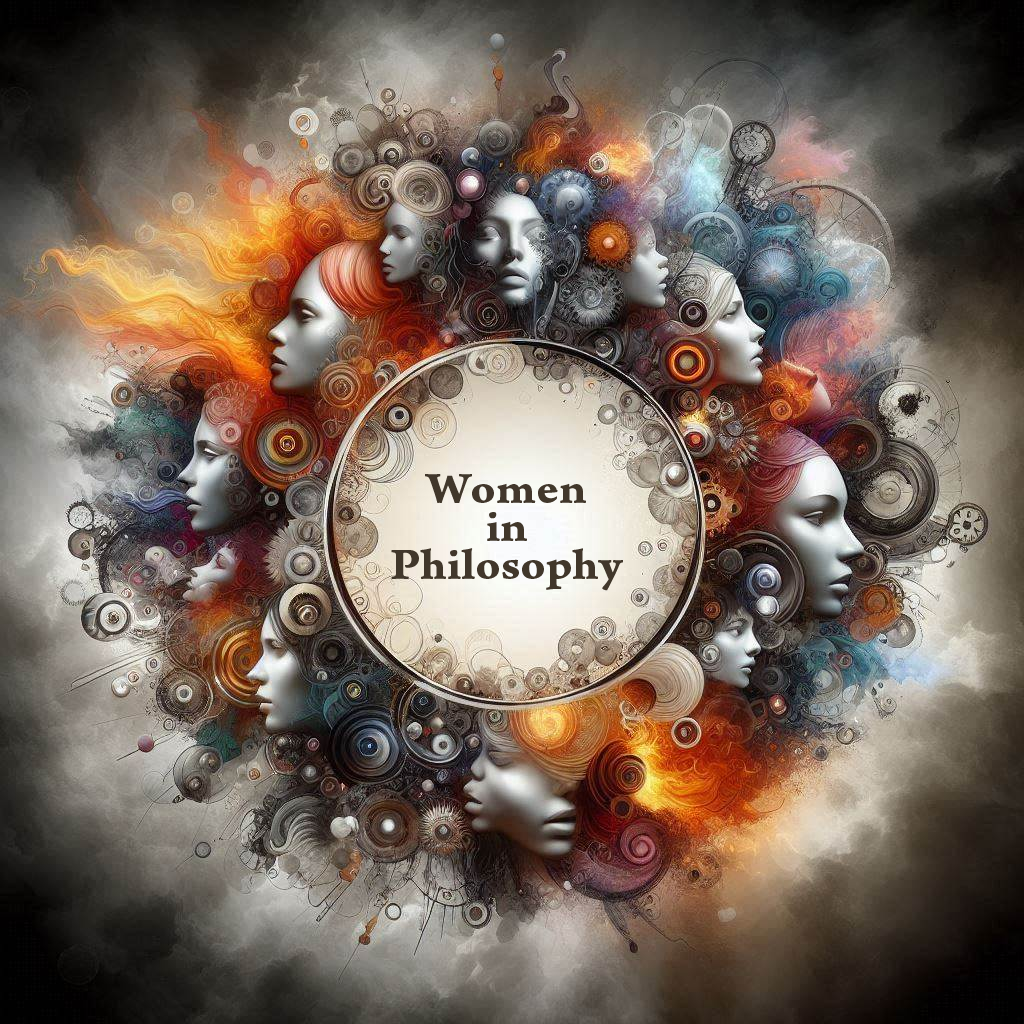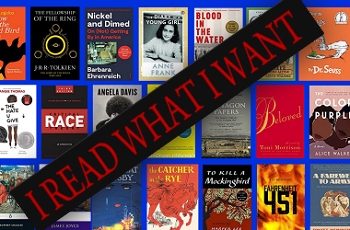Philosophy helps clarify chaos by cultivating critical thinking and reasoned analysis. It allows us to question assumptions, build frameworks for understanding, and discern truth. By exploring diverse views and engaging in dialogue, we gain clarity and make informed decisions, finding meaning amidst ambiguity.

Start with a question that intrigues you, jot down your initial thoughts, and explore diverse perspectives. Read, reflect, and engage in discussions. Critically examine your biases and be open to change. Philosophical inquiry is about the process of questioning and refining your understanding, not just finding answers.If you are new to philosophy and the authors of philosophy books, consider selections from this list of titles. Some are primary sources, others are introductory.

Break free from the traditional canon and discover the vibrant, often overlooked, contributions of women in philosophy. From Hypatia's ancient wisdom to Simone de Beauvoir's groundbreaking existentialism, and onto contemporary thinkers like Judith Butler, women have shaped and challenged philosophical discourse for centuries. Their perspectives offer fresh insights into ethics, politics, metaphysics, and more, enriching our understanding of the world and ourselves.

Existential Philosophy delves into the nature of existence, consciousness, and our relationship with the world, emphasizing subjective experience, freedom, and the inherent ambiguity of life. Thinkers like Sartre, Merleau-Ponty, de Beauvoir, and Heidegger use meticulous observation and reflection to uncover the structures of our lived reality, revealing how, through our choices and actions, we create meaning in a world that often feels absurd and meaningless.
This website is dedicated to reading banned and challenged books because we believe in the power of literature to broaden perspectives, challenge assumptions, and foster critical thinking. Censorship, in any form, limits access to diverse ideas and stifles intellectual growth. By engaging with books that have been deemed controversial, we aim to promote open dialogue, encourage empathy, and celebrate the fundamental right to read freely. We believe that confronting difficult or uncomfortable themes is essential for personal and societal progress, and that the act of reading these books is a powerful form of resistance against censorship.

Two major resources for addressing censorship are The American Library Association's Office of Intellectual Freedom and The National Coalition Against Censorship.
We have a rapidly growing index of articles from news and academia on banning and challenging books.
The surge in banned and challenged books, particularly within the humanities, presents a significant ethical dilemma. The humanities, by their very nature, explore complex and often controversial aspects of the human experience. Banning books that grapple with difficult topics like race, sexuality, or social injustice denies readers the opportunity to engage with diverse perspectives, challenge their own biases, and develop critical thinking skills. This not only limits individual growth but also hinders our ability to address complex societal issues.
The sweeping nature of contemporary book bans reveals a radical agenda that extends far beyond concerns about age-appropriateness. Attempts to remove classic literature, often for its exploration of mature themes or challenging social commentary, alongside efforts to rewrite American and world history, demonstrate a desire to control the very narrative of our past. The targeting of critical race theory, metaphysics, philosophy, science, spirituality, and works on sexuality reveals an attack on intellectual inquiry itself. This widespread censorship aims to suppress diverse perspectives, limit access to knowledge, and ultimately enforce a narrow, ideologically driven worldview that undermines critical thinking and the free exchange of ideas. It's a systematic effort to dismantle the foundations of a well-rounded education and a free society.
This current wave of book bans disproportionately targets works by and about marginalized communities, effectively erasing diverse voices and experiences from library shelves and classroom curricula. This orchestrated effort seeks to control narratives and limit representation, particularly for LGBTQ+ individuals and people of color. By restricting access to stories that reflect the rich tapestry of human existence, these bans not only deny individuals the right to see themselves reflected in literature but also perpetuate harmful stereotypes and hinder the development of empathy and understanding across different groups. This attempt to sanitize literature is a direct attack on diversity and an effort to enforce a narrow, exclusionary worldview.
Furthermore, the current shortsighted attack on Diversity, Equity, and Inclusion (DEI) policies in the U.S. represents a significant rollback of efforts to create more inclusive and equitable institutions. These attacks, often framed as opposition to "woke" ideology, target DEI initiatives in education, workplaces, and other sectors, aiming to dismantle programs designed to address systemic inequalities and promote representation for marginalized groups. By challenging the legitimacy of DEI, these actions threaten to reverse progress made in fostering diverse and inclusive environments, potentially leading to increased discrimination and a return to less equitable practices.
This ongoing drive to ban books extends into the realms of fantasy, horror, and science fiction, revealing a deeper fear than simply that of explicit content. These genres, often used to explore complex social and political themes through allegory and metaphor, are being targeted for their capacity to challenge established norms and encourage critical thinking. Fantasy, with its exploration of magic and alternate realities, can empower readers to imagine worlds beyond their own, fostering creativity and a sense of possibility. Horror, by confronting our deepest fears, can provide a safe space to process anxieties and explore the darker aspects of the human psyche. Science fiction, meanwhile, often serves as a mirror to society, prompting us to consider the ethical implications of technological advancements and the potential consequences of our actions.
The attack on these genres is, in essence, an attack on imagination itself. By limiting access to stories that encourage "what if" scenarios and challenge conventional wisdom, those pushing for book bans seek to stifle intellectual curiosity and maintain a narrow, controlled worldview. This censorship denies readers the opportunity to engage with thought-provoking narratives that can broaden their understanding of themselves and the world around them.
The escalating attempts to ban books targeting young people across all educational levels, from kindergarten to young adult literature, reveals a disturbing trend. These bans often focus on books addressing themes of diversity, sexuality, and social justice, claiming to protect children from "inappropriate" content. However, this approach disregards the developmental needs of young readers and their capacity for critical thinking. Children and adolescents, at every stage, grapple with complex questions about identity, belonging, and the world around them. Literature provides a vital tool for exploring these issues in a safe and relatable context, fostering empathy, understanding, and personal growth.
Furthermore, these bans often remove books that reflect the lived experiences of marginalized youth, denying them the opportunity to see themselves represented in literature. By limiting access to diverse perspectives, these actions not only stifle intellectual curiosity but also perpetuate harmful stereotypes and contribute to feelings of isolation. The attempt to shield young people from challenging or uncomfortable topics ultimately does them a disservice, hindering their ability to navigate a complex and diverse world. Instead, educators and parents should prioritize open dialogue and critical engagement with literature, empowering young people to develop their own informed perspectives.
Do you love books? Do you love supporting local merchants? By buying through the links on this site (powered by Bookshop.org), you're not only getting great reads, but you're also supporting local bookstores and helping this website keep running. It's a win-win! Thanks for your support!
Philosophy delves into the fundamental nature of existence, knowledge, and values, leading to a wide range of profound questions. Here are some of the most important categories and examples:
Metaphysics (The nature of reality):
Epistemology (The nature of knowledge):
Ethics (The nature of morality):
Philosophy of Mind:
Philosophy of Religion:
These questions have persisted throughout human history, and philosophers continue to grapple with them, offering diverse and evolving perspectives.
What are your most demanding philosophical questions?
Perhaps start with a multi-pronged approach, focusing on breadth and accessibility, once you find what really interests you, narrow down your inquries into an indepth specialization. Here are some suggestions:
A suggested starting reading list:
The most important thing is to approach philosophy with an open mind and a willingness to grapple with challenging ideas. Enjoy the journey!
Don't just live. Explore why. Read philosophy.